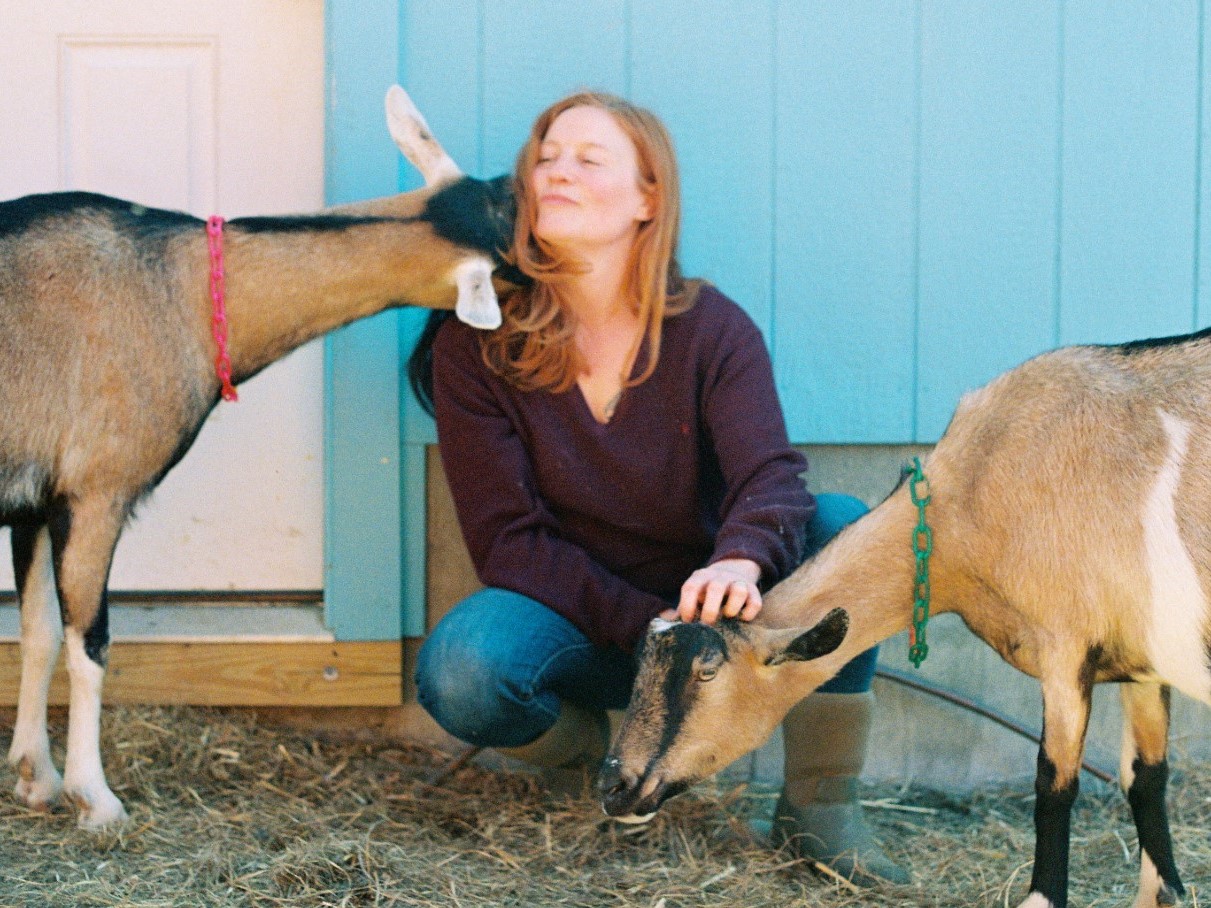
The Northeast Dairy Business Innovation Center (NE-DBIC), hosted at the Vermont Agency of Agriculture, Food & Markets, provides support to dairy businesses through projects that promote the development, production, marketing, and distribution of dairy products.
When Christine Porcaro, a farm business coordinator with Healthy Roots Collaborative (HRC), a program of Northwest Regional Planning Commission, asked farmers in her network if they wanted to receive extra sales, marketing, and product development support, the answer was yes. Thanks to the Dairy Business Viability & Technical Assistance Grant, HRC has been able to support three Vermont dairy farmers improve their overall farm resilience.
Funded by the Northeast Dairy Business Innovation Center (NE-DBIC), this grant coordinates technical assistance to benefit multiple dairy producers and with the goal of increasing consumption, sales, and diverse markets for regionally produced dairy products. Along with Christine, Blair Johnson of Freedom Unity Craft Consulting served as an advisor and consultant. Two cow dairies – Stony Pond Farm and Aires Hill Farm & Creamery – along with the goat dairy Villa Villekulla Farm, who received technical assistance thanks to the grant.
With a background in goat dairies, Christine brought her sales and marketing expertise to Villa Villekulla Farm, where owner Lauren Gitlin runs a micro dairy making skyr and butter. The two focused on cost of production and price point, as well as opportunities for distribution.
“Christine has helped me drill down into the numbers and what they mean and helped me look at how my business can be more efficient while building toward sustainability and maintaining my values,” Lauren said. With a desire to keep her herd small and work in concert with the landscape, Lauren aims to develop whey-based products in addition to butter and skyr, while employing her herd of goats in invasive species management.
The NE-DBIC grant not only created the first building block in business sustainability with sales and marketing assistance, but it’s also helped Lauren access other resources she's excited to engage with.
“One of the great opportunities born out of this grant has been connecting Lauren to the Center for an Agricultural Economy to enroll in the Vermont Farm Viability program,” Christine said. There she’ll be able to build a more holistic version of her business with her core values.
On top of that, Christine notes, “Knowing there are [NE-DBIC] grants in the future, it helps us look out for funding for equipment and other TA needs. It becomes a great starting point for developing relationships and seeing what other resources can be brought in to make a farm business viable.”
If you’re a dairy farmer, processor, or service provider looking to learn more about the grant projects, visit the NE-DBIC website at agriculture.vermont.gov/dbic for upcoming grants. For information related to this specific grant, contact Julia Scheier at julia.scheier@vermont.gov.
Photo credit: Kellie Matson, Barnard, VT

